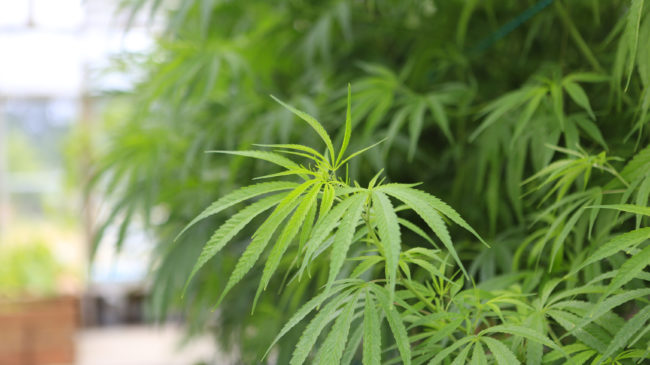The coronavirus pandemic and economic shutdowns have reduced economic activity and caused massive unemployment, prompting a collapse of tax revenue for state and local governments. Like many states, North Carolina’s state budget outlook has quickly deteriorated.
In the month of April alone, North Carolina collected $1.2 billion less in taxes than it had predicted. At this point, the state is already reducing its revenue projections for next fiscal year by $2.5 billion — and this estimate might be optimistic as it is unclear how long the pandemic will remain at current levels or how many businesses may be forced to permanently close their doors. Local governments across the state face similar problems.
Here’s an idea that should now merit serious consideration as a possible bipartisan solution to generate new revenue: Legalize the use and sale of recreational marijuana.
Eleven states have already done it. While this idea may not have sounded feasible to North Carolina a few months ago, it should carry new weight now as the state seeks to fill significant funding holes that may remain for years to come. Marijuana legalization not only presents the opportunity to generate additional state and local revenue, but also address much-needed criminal justice reform in the state. Black Lives Matter protests have recently raised important issues of police brutality, and states are now confronting the systemic racism of the criminal justice system and the war on drugs.
North Carolina recently provided a vivid example: In Wilmington, three police officers were fired after a video showed them making racist comments. One officer said, “we are just going to go out and start slaughtering them (expletive) (n-words)” and “wipe ’em off the (expletive) map.”
For decades, the drug war has played a prominent role in rogue police officers stopping, harassing and abusing people of color. Black Americans have historically been arrested for marijuana possession at much higher rates than white Americans. And these numbers can’t be fully explained by differences in use rates.
The drug war was conceived for the express purpose of harassing racial minorities, and that’s how it has been used. Ending it would be among the most important criminal justice reforms available.
North Carolina could follow other states’ lead by going even further to expunge the criminal records of individuals who have been arrested for possessing amounts of marijuana reflecting personal use. These records make it difficult for an individual to obtain employment, get a degree or access a business loan. Carrying the stigma of a marijuana conviction can make it more difficult to engage in socially productive behaviors.
Conservatives who have historically opposed marijuana legalization should reconsider that position. The 11 states that have already legalized, plus 33 states with medical marijuana programs, have shown they can tightly control and regulate marijuana inventory — as they do with alcohol. These states, which span the political spectrum, have not seen an increase in youth use and have been able to, at least partially, displace black-market actors.
Conservatives intuitively understand that black markets are dangerous, but they emerge whenever legitimate retailers are not able to sell legal goods. The same arguments conservatives tend to make against gun control are equally applicable to marijuana prohibition.
Amidst the recession and pandemic, Gov. Roy Cooper and the Republican-controlled legislature are going to need to negotiate a bipartisan deal to fix the state budget. They should also listen to public outcry for swift criminal justice reform. Legalizing marijuana for adult use could be an important part of the answer to both of these issues.
A version of this column previously appeared in the Fayetteville Observer.

